Gas vs Electric Water Heater: Definitive Comparison
When selecting a hot water heater, it's important to consider the differences between gas and electric options. Our article delves into the advantages and drawbacks of both, including cost and energy efficiency comparisons. By evaluating these factors, homeowners can make informed decisions and choose the water heater that suits their needs best. Take advantage of our comprehensive analysis to make the best choice for your home.

How do electric water heaters work?
An electric water heater warms water in its storage tank via submerged heating elements powered by your home's electrical system. Once the thermostat on the unit reaches the desired temperature, the heating elements switch off and guarantee the water stays hot. Familiarizing yourself with how an electric water heater operates breeds appreciation for the technological advancements that enable on-demand hot water supply.

Benefits of electric water heaters
Electric water heaters offer many benefits over traditional gas-powered heaters:
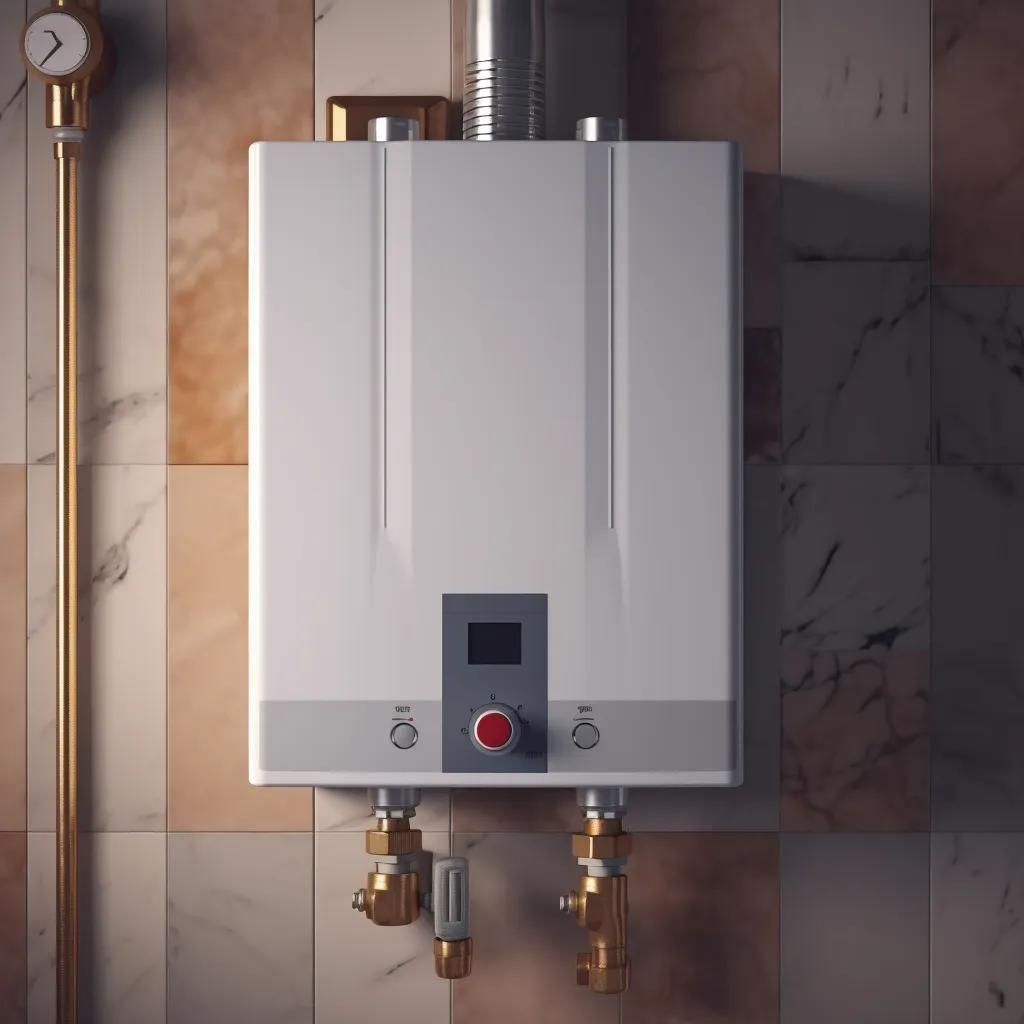
Electric water heaters are an economical choice for producing hot water, especially when compared to gas-powered models.
They are user-friendly, as no complicated installation or maintenance is needed.
Due to their energy efficiency, they do not need a flame to heat up the water, which helps save money on utility bills.
They're quieter than gas-powered models and thus a popular choice.
Electric water heaters are versatile and can be installed almost anywhere in a home regardless of its size, expanding the range of available hot water options.
Disadvantages of electric water heaters
Despite their many advantages, electric water heaters also have some downsides that should be considered:
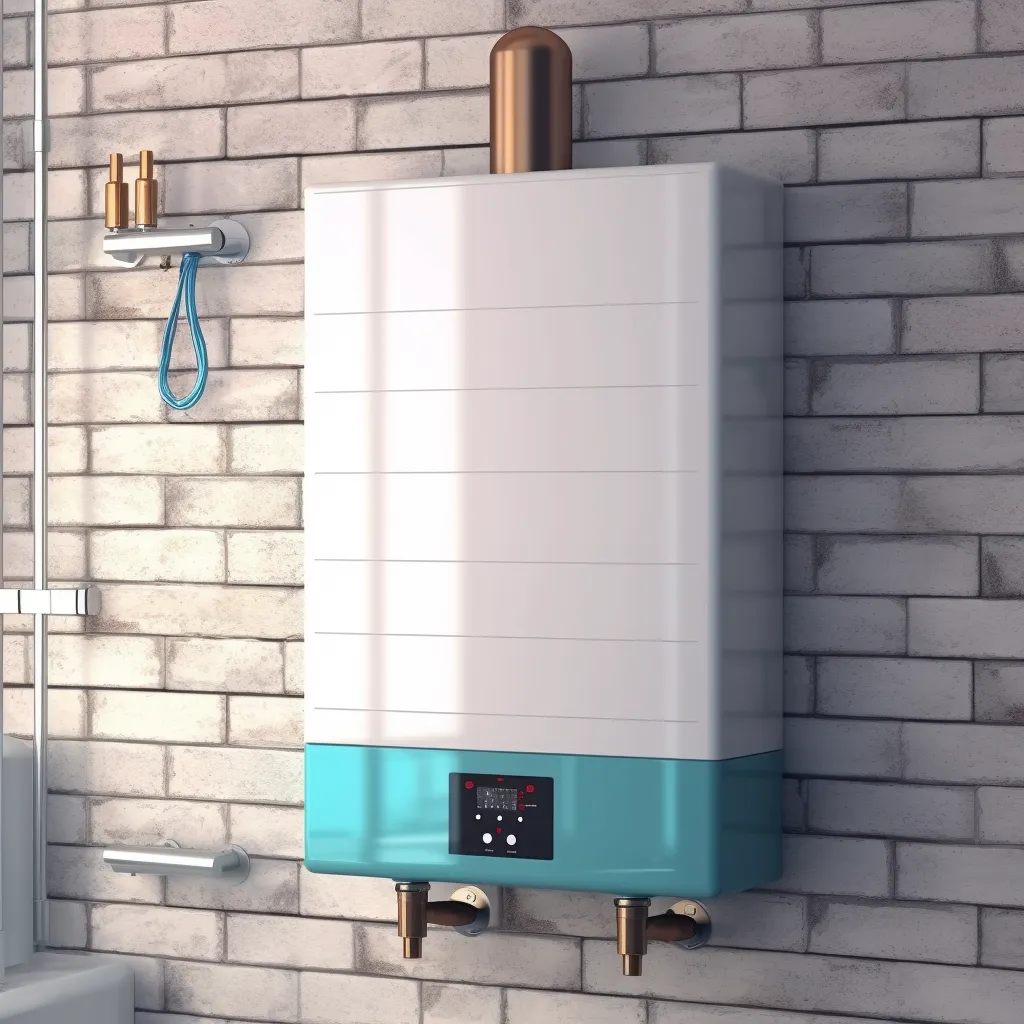
Electric water heaters typically have a slower recovery rate than gas models—meaning water heating may take longer.
Although electric units are generally more energy-efficient, upfront costs are higher.
Electric models are less durable than gas models and may require replacement more frequently.
Electric water heaters rely on electricity and may fail to provide hot water in power outages.
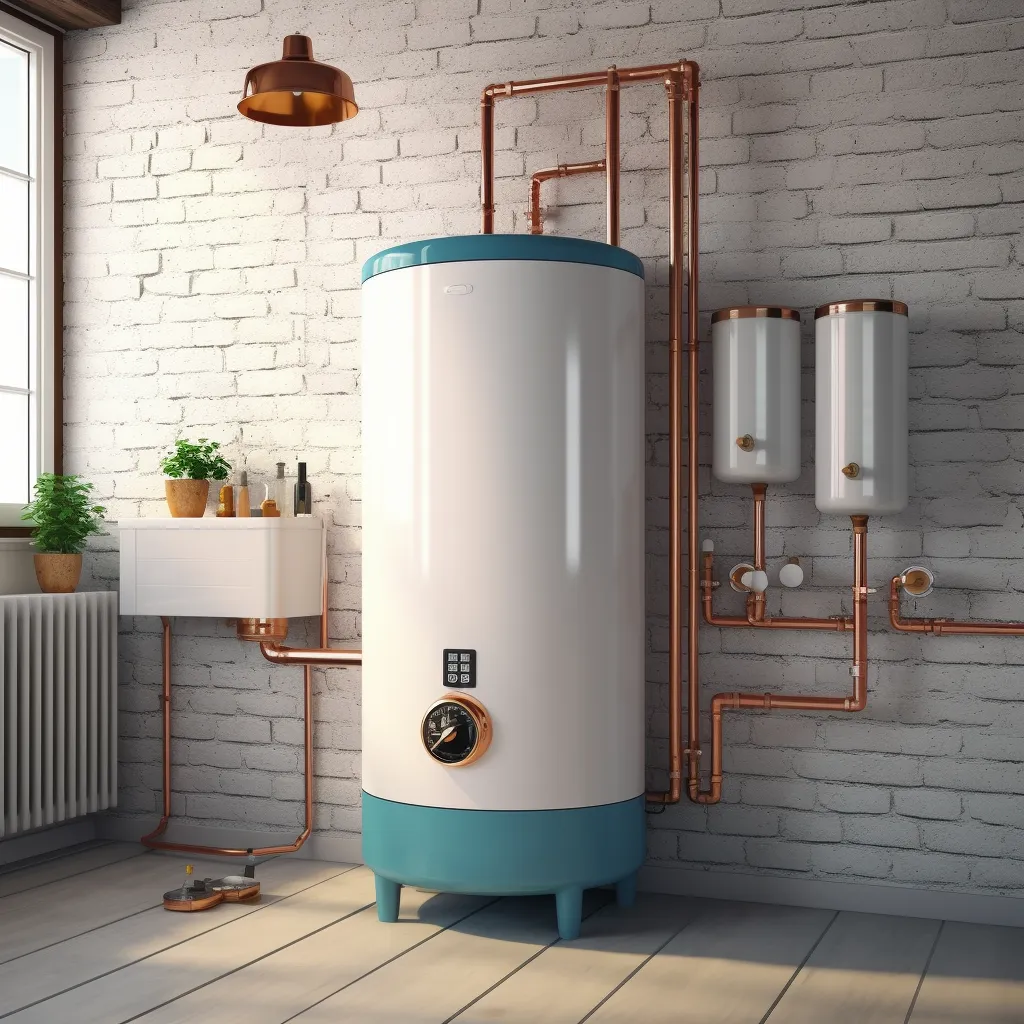
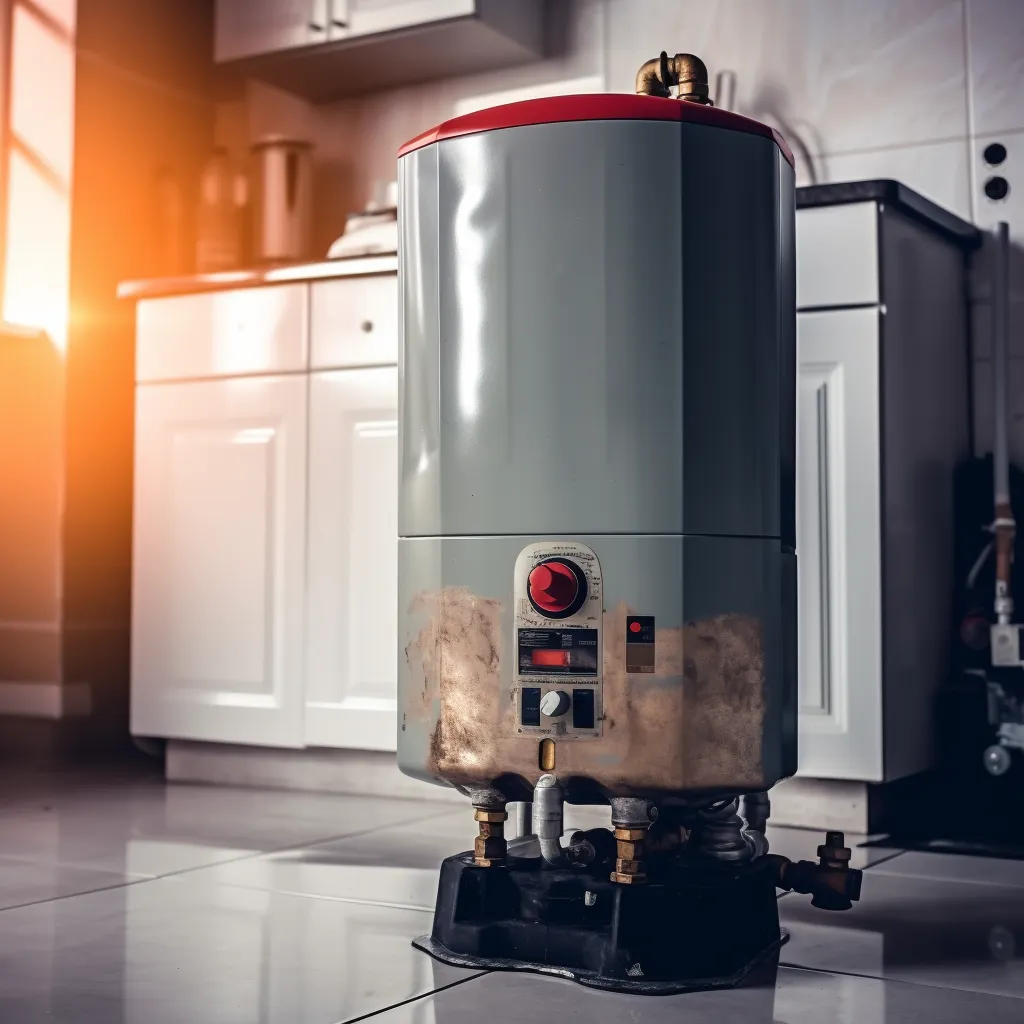
How do gas water heaters work?
Gas water heaters use a gas burner placed at the bottom of a large tank to heat water, which flows through a tap on demand. Consistent hot water is achieved through a cycle of heating and inflow of cold water.
Benefits of gas water heaters
Gas water heaters are a popular due to their numerous benefits:
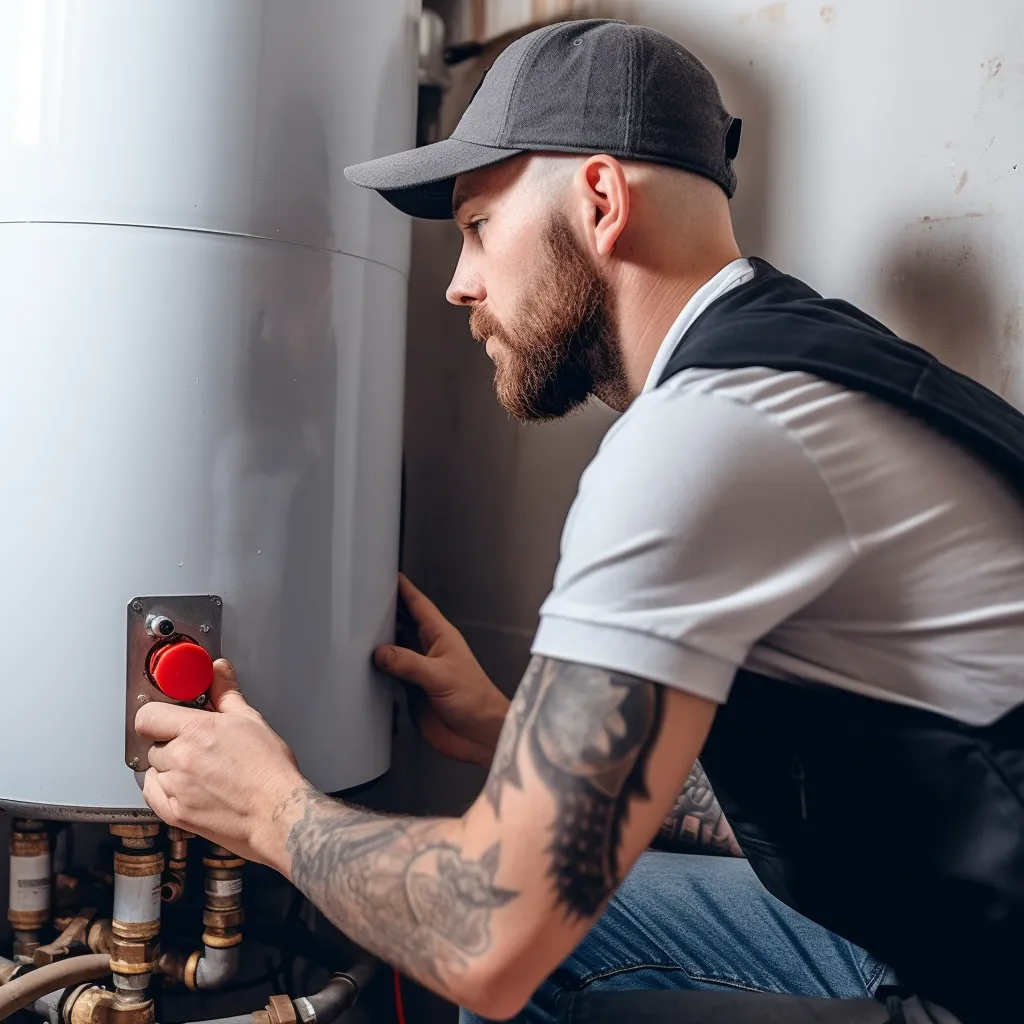
Gas water heaters are a practical and economical solution that can drastically reduce utility bills in the long run.
In contrast with electric units, they heat water more quickly and last longer, requiring fewer replacements.
They're effortless to install and need minimal setup expertise.
Since gas water heaters are less expensive to purchase upfront, they can serve as a significant money-saving opportunity for homeowners.
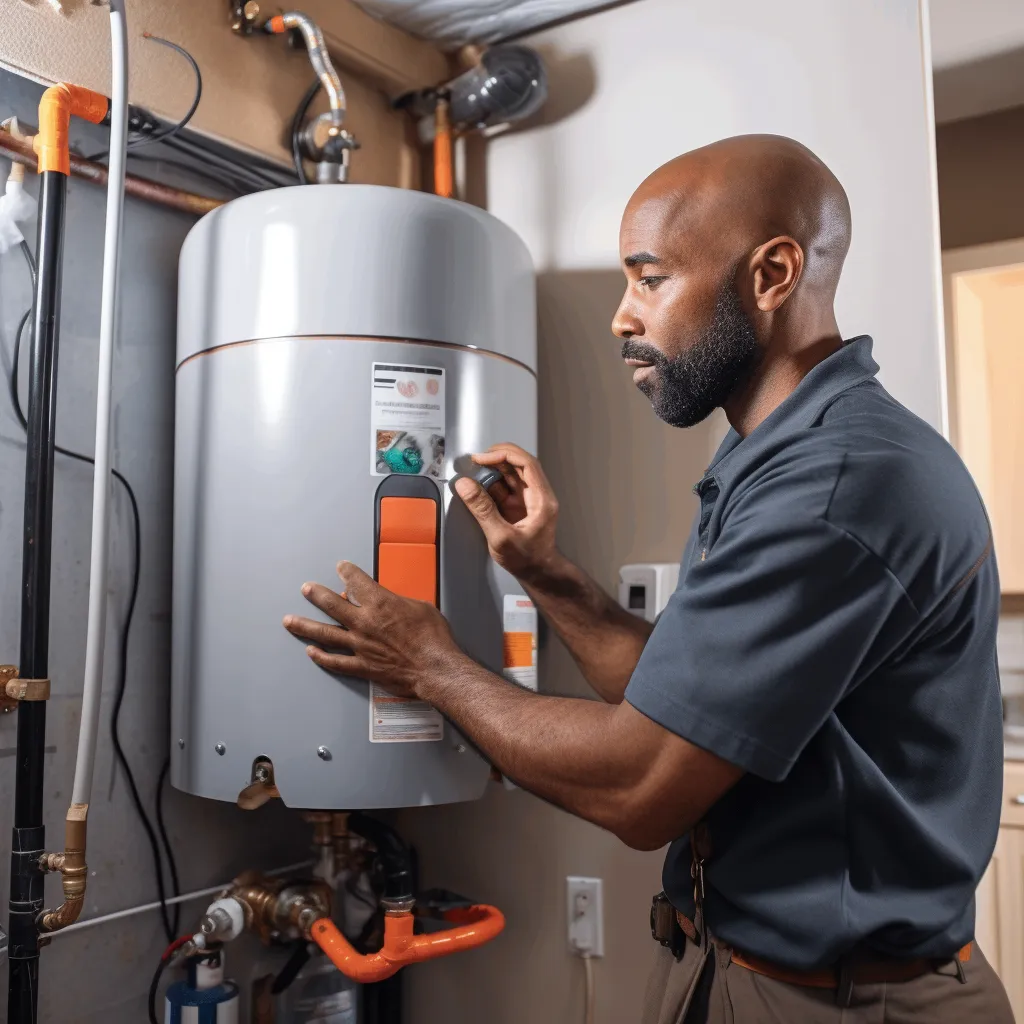
Drawbacks of gas water heaters?
Despite their many advantages, gas water heaters have potential downsides:
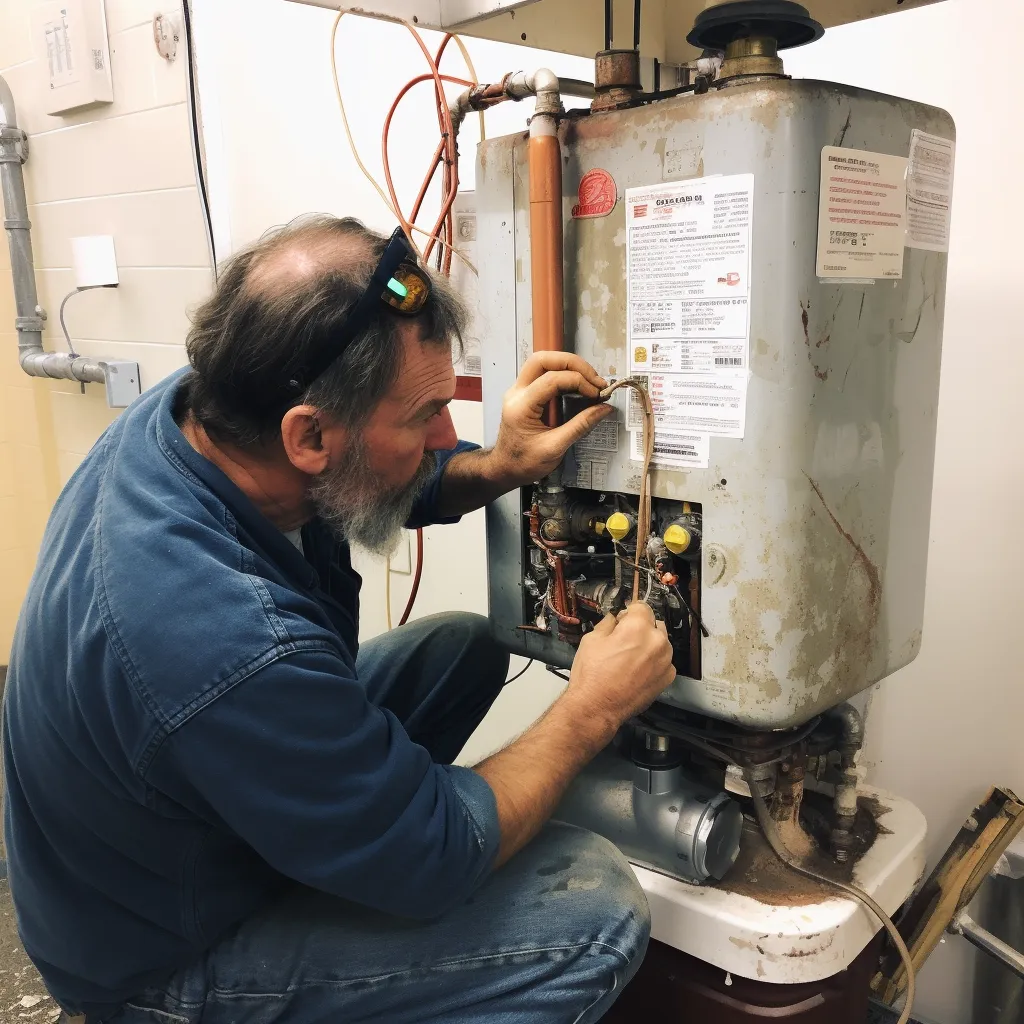
Natural gas combustion causes air pollution as it disperses pollutants in the atmosphere, given that it is a fossil fuel.
To guarantee safety, it is fundamental to adhere to safety practices when installing and using gas water heaters since improperly installed ones may burst.
It may be worth considering hiring a professional to ensure you receive regular checkups and maintenance as gas water heaters require higher upkeep costs than electric ones.
Installing gas water heaters takes more time than an electric one, as it necessitates many hours to set up to your liking.

Are electric water heaters energy-efficient?
There are multiple factors that determine the efficiency of electric water heaters. Among these are the unit's size, the quality of insulation and the operating temperature. Gas-powered heaters are often considered to be more energy-efficient. However, newer electric models are continuously improving their energy efficiency ratings.

Are gas water heaters energy-efficient?
Gas water heaters are a better choice cost-wise and energy-wise compared to their electric counterparts. They utilize natural gas to heat water, which means they require less power than electric ones. The model and size of the heater, as well as maintenance, can affect efficiency. By carrying out regular maintenance activities like thermostat inspections and tank flushing, you can achieve optimal efficiency and cost savings.
What does it cost to buy and install electric water heaters?
Electric water heaters are available in different sizes and features, and their cost depends on the model's features. A 50-gallon model usually costs between $300 and $800, with an additional installation fee of $300 to $500, based on work scope and needed permits. Homeowners should assess their existing plumbing and electrical wiring before installing. Although it entails upfront costs, an electric water heater is a wise financial decision in the long run, as it significantly reduces energy expenses.

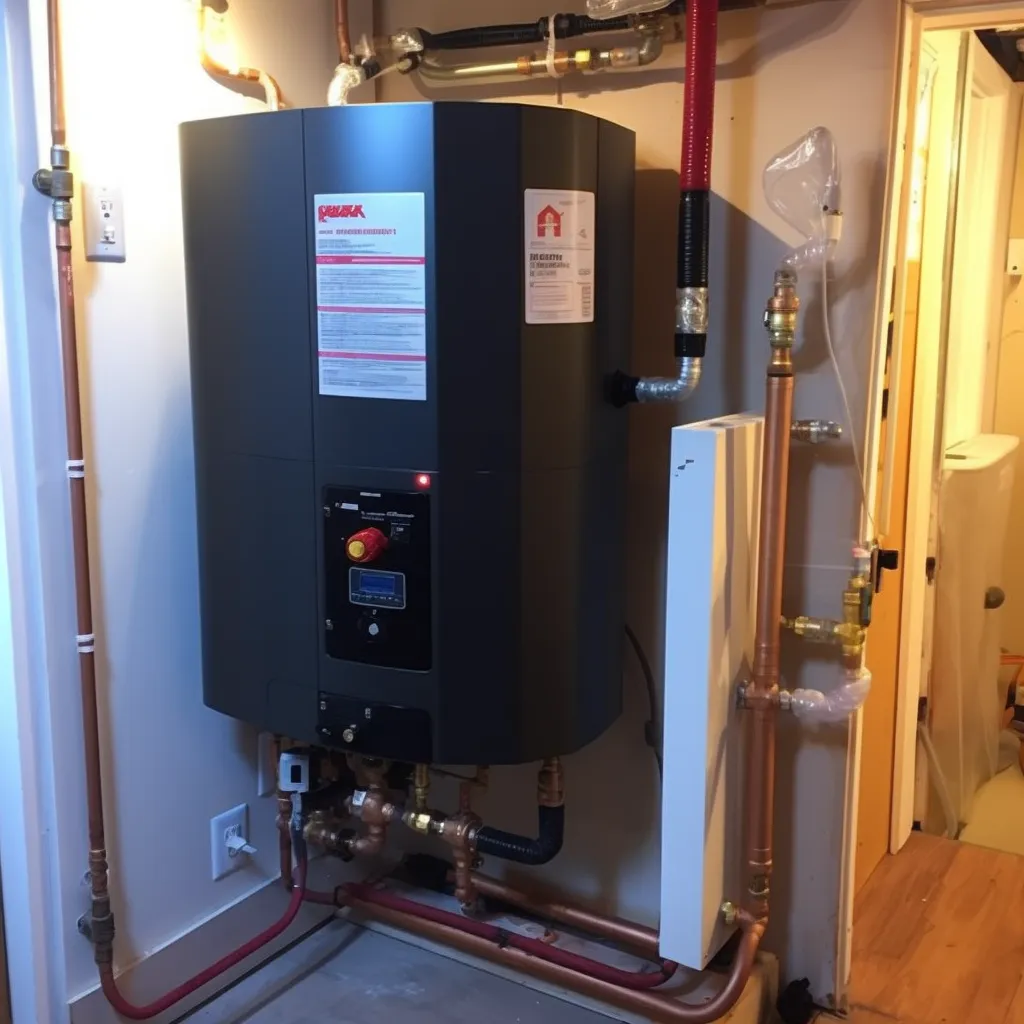
What does it cost to buy and install gas water heaters?
There is a vast range of gas water heaters available in the market that come in different sizes and prices. Their cost starts from $500 and can go up to $1,500, reaching $3,000 for high-end models. The installation cost depends on plumbing and location. Though the initial expenses may appear to be substantial, choosing gas water heaters will provide you with long-term savings and better energy efficiency while also guaranteeing a continuous supply of hot water.
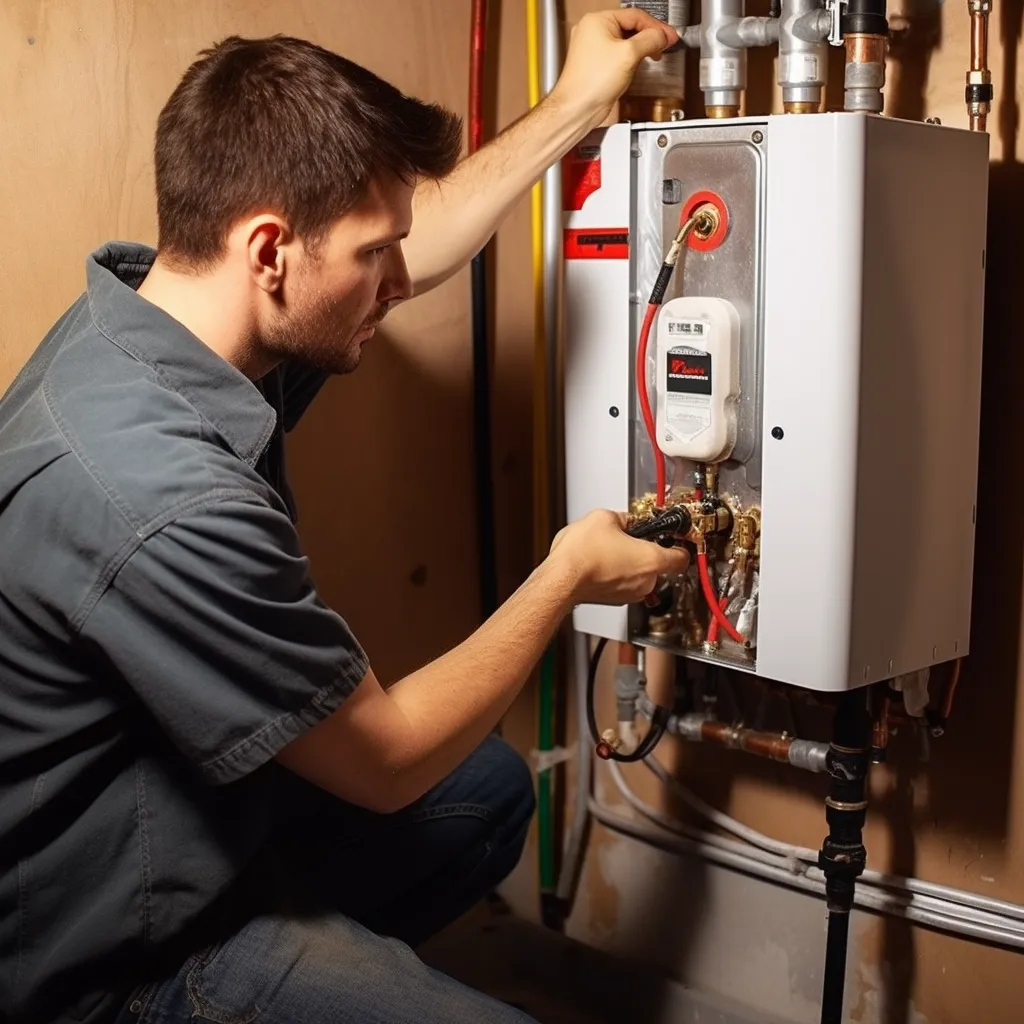
What are the maintenance requirements of electric water heaters?
Electric water heaters are dependable and handy for producing hot water. Optimal performance requires proper maintenance like checking the pressure and temperature relief valve to prevent overheating and explosions. Flushing the tank every six months to a year prevents sediment buildup and ensures efficiency. Additionally, regular inspection and replacing worn heating elements is crucial.
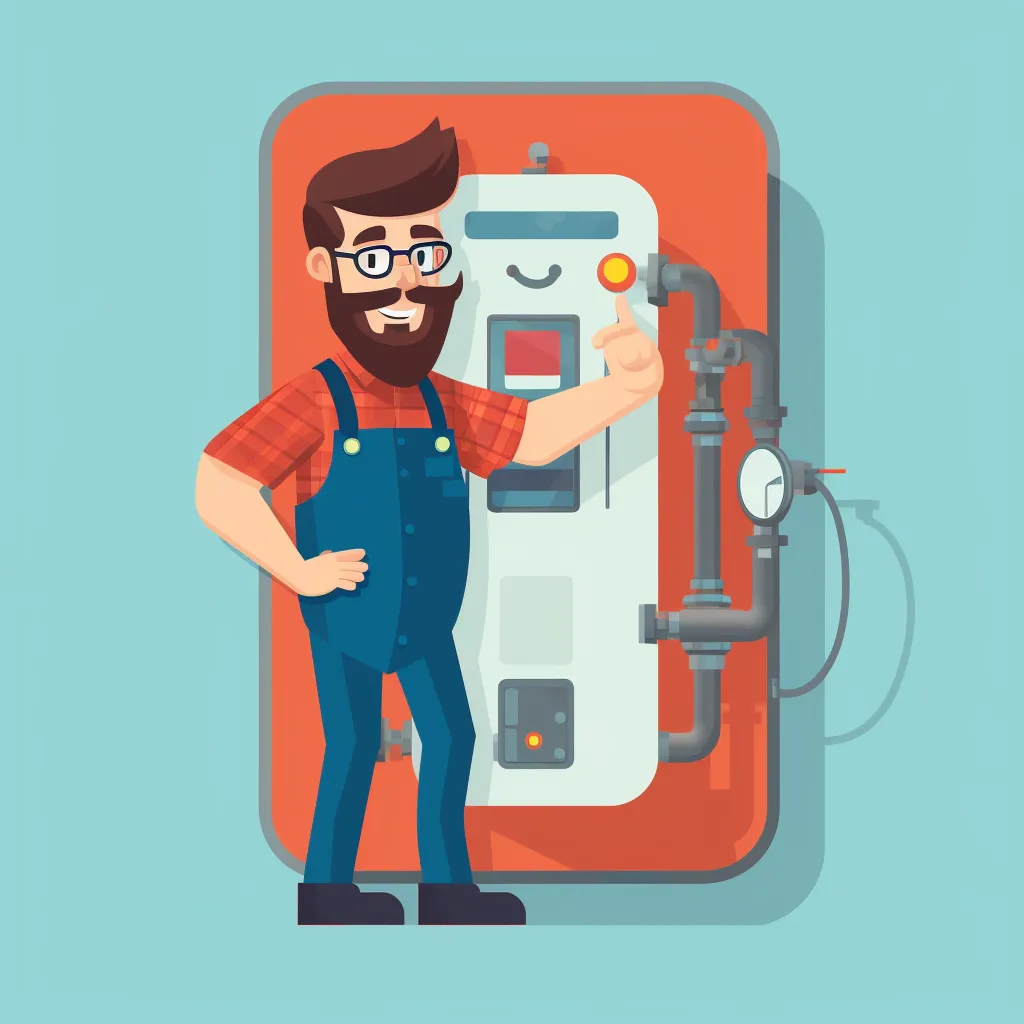
What are the maintenance requirements of gas water heaters?
To ensure efficient and safe performance of gas-powered water heaters, it is necessary to conduct regular maintenance. This includes flushing the tank annually to clear out any sediment buildup, regulating the anode rod every couple of years to prevent rust, checking the burner and pilot assembly, conducting temperature and pressure relief valve tests, and looking for signs of gas leaks. Proper maintenance will enable gas-powered water heaters to efficiently provide hot water for many years to come.
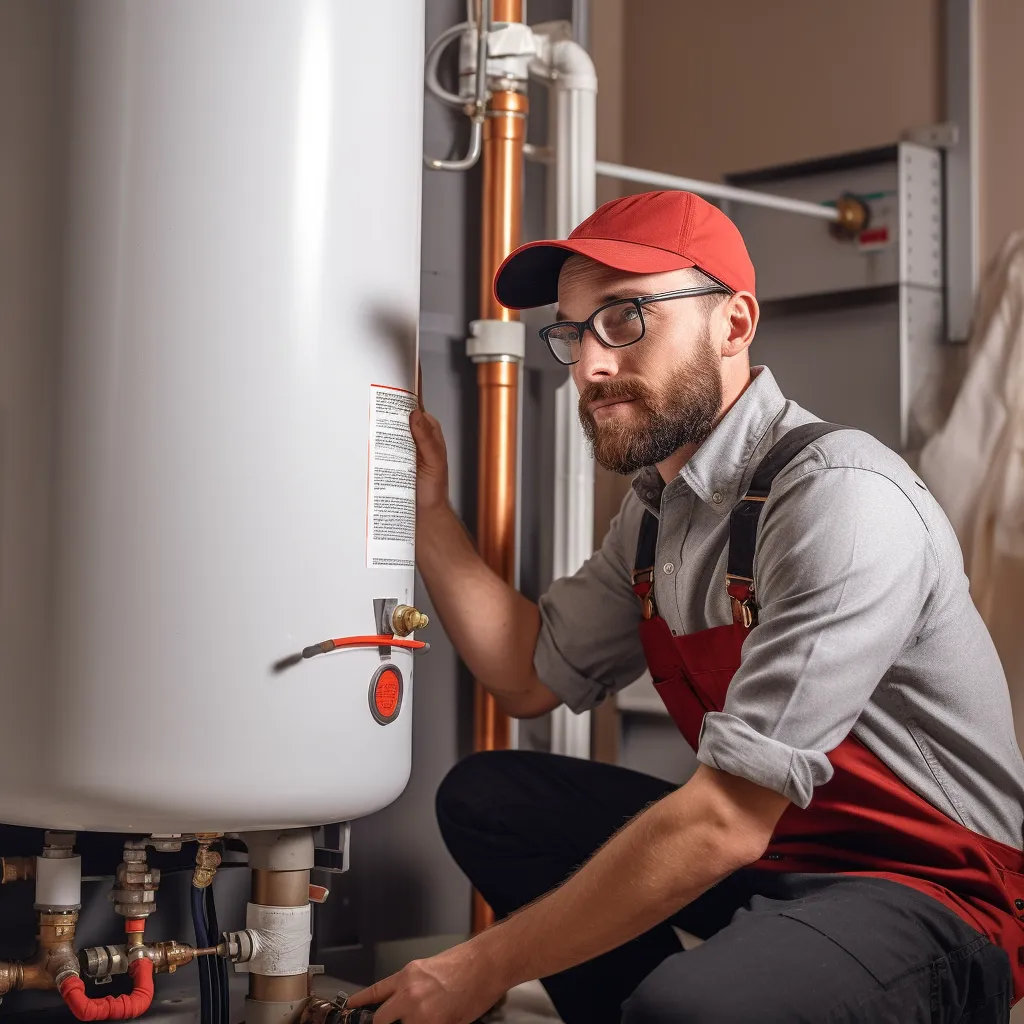
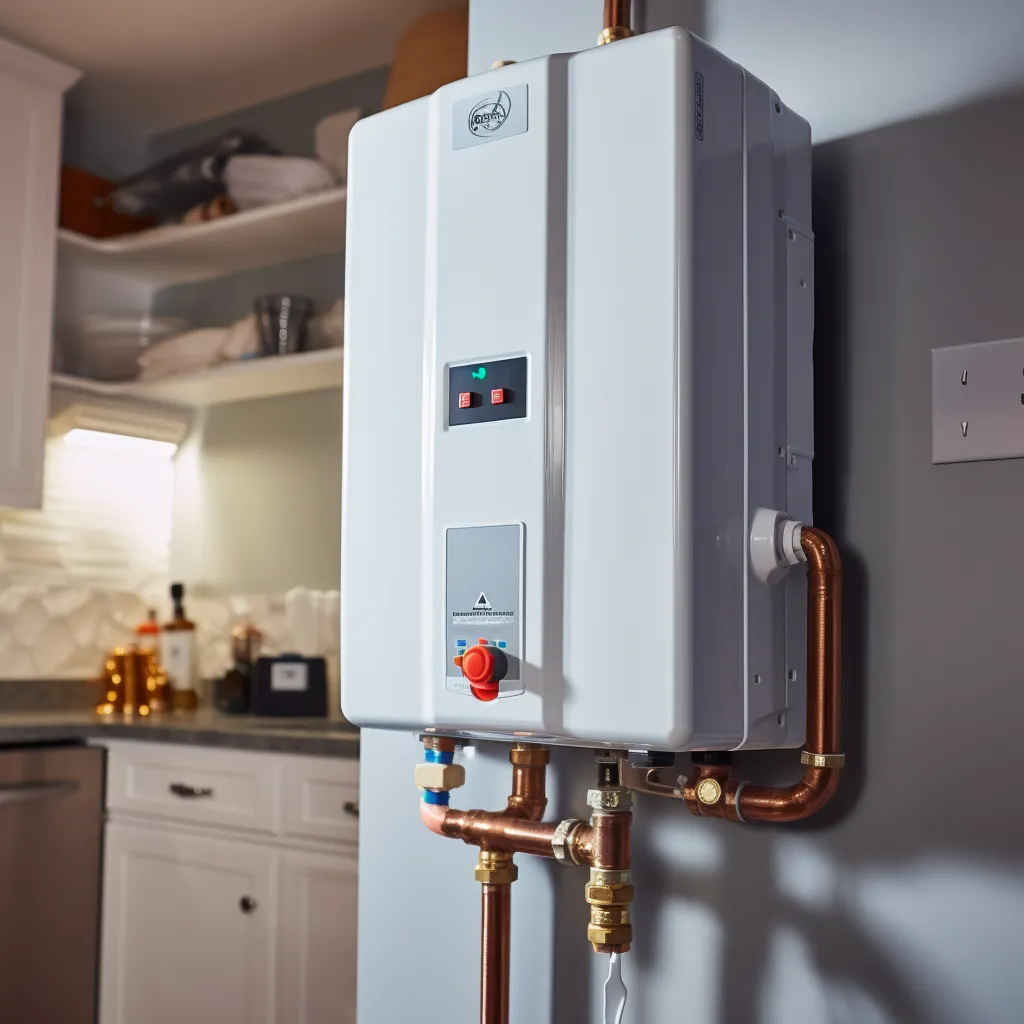
What are the safety considerations of electric water heaters?
To ensure safe use of an electric water heater for warm water in your home, you should take proper safety measures. Primary among them is grounding the device and avoiding malfunctions to reduce the risk of electrocution. If the heater is kept next to flammable materials or overheats, it poses fire hazards. For best results, follow the manufacturer's instructions and get a licensed installer to set up the heater.
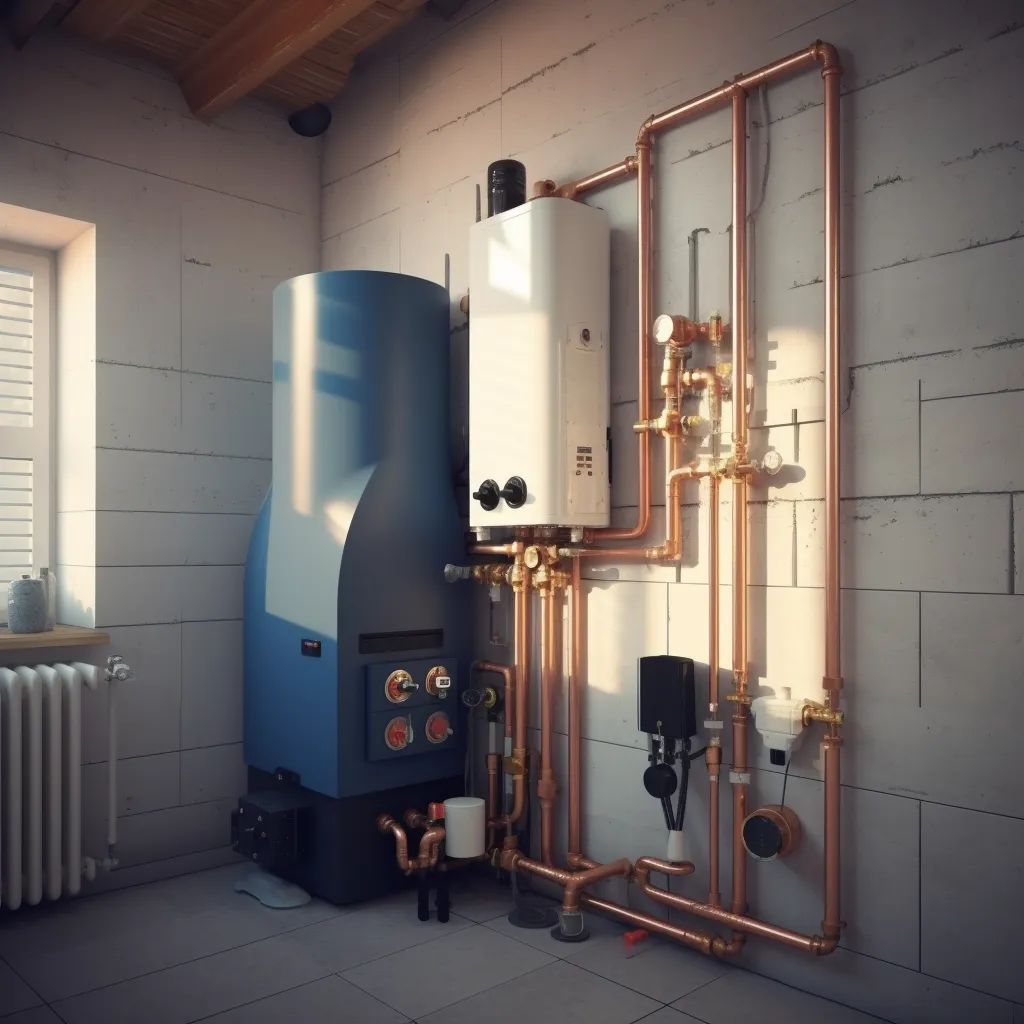
What are the safety considerations of gas water heaters?
Improperly ventilated gas water heaters can pose a risk by leaking carbon monoxide, a poisonous gas. To stay safe, it is important to install a carbon monoxide detector, perform regular maintenance checks and repairs, and avoid storing any flammable objects on or around the heater.
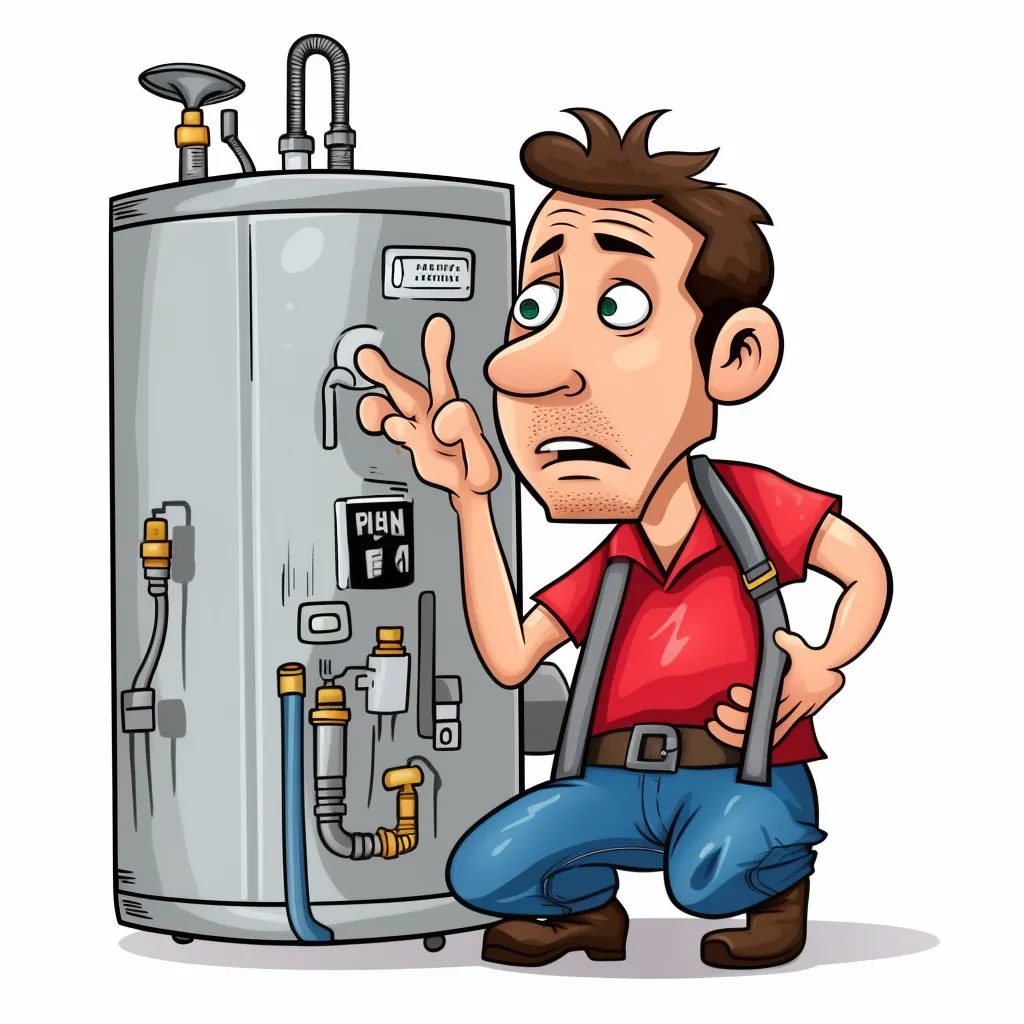
How to choose between electric and gas water heater
If you're feeling overwhelmed by the choice between electric or gas water heaters, don't worry. Here are some factors to consider to make your decision-making process easier:
When selecting a water heater suitable for household needs, several factors should be taken into account, including the size of the home and the frequency of hot water usage.
Electric water heaters are affordable to procure and install unlike gas water heaters, although gas heaters can provide long-term cost savings.
In terms of efficiency and cost-effectiveness, gas heaters tend to outshine electric water heaters.
While gas heaters require more maintenance than electric water heaters, due to their flammable elements, regular inspections must be carried out to prevent malfunctions and ensure safety.
Electric water heaters tend to emit fewer pollutants depending on their energy source, thereby reducing the carbon footprint of a home in comparison to gas water heaters.
The decision will come down to personal preference and what works best for your lifestyle and budget.
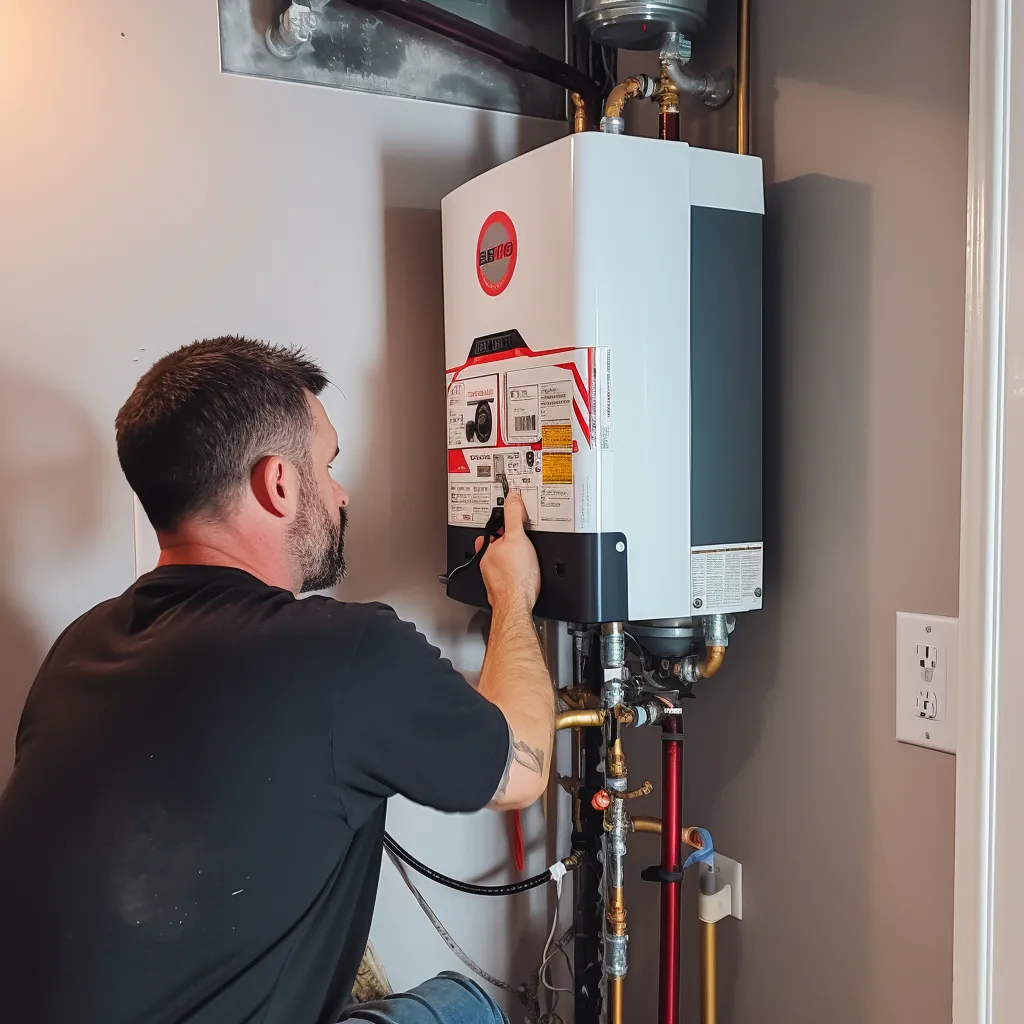
Reasons to hire a licensed professional to install
your water heater
A lot of people consider going the DIY route when installing or replacing a water heater to save some cash. However, this could be a huge gamble for such a critical installation. Unwittingly exposing yourself to significant dangers and costly mistakes. It's best to leave such critical installations to experienced and licensed professionals who can ensure that safety protocols are followed and potential issues are identified. Your safety is the top priority and relying on licensed pros is always the wise decision.
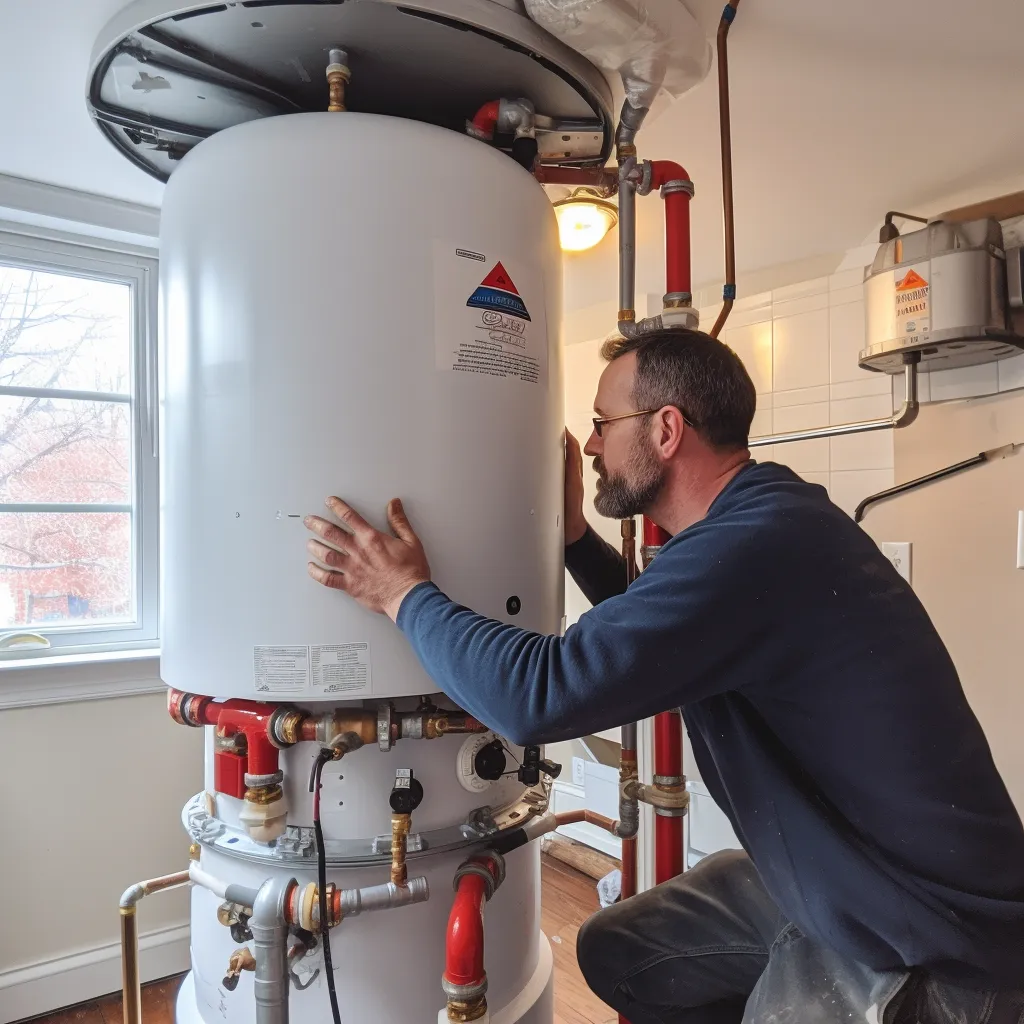
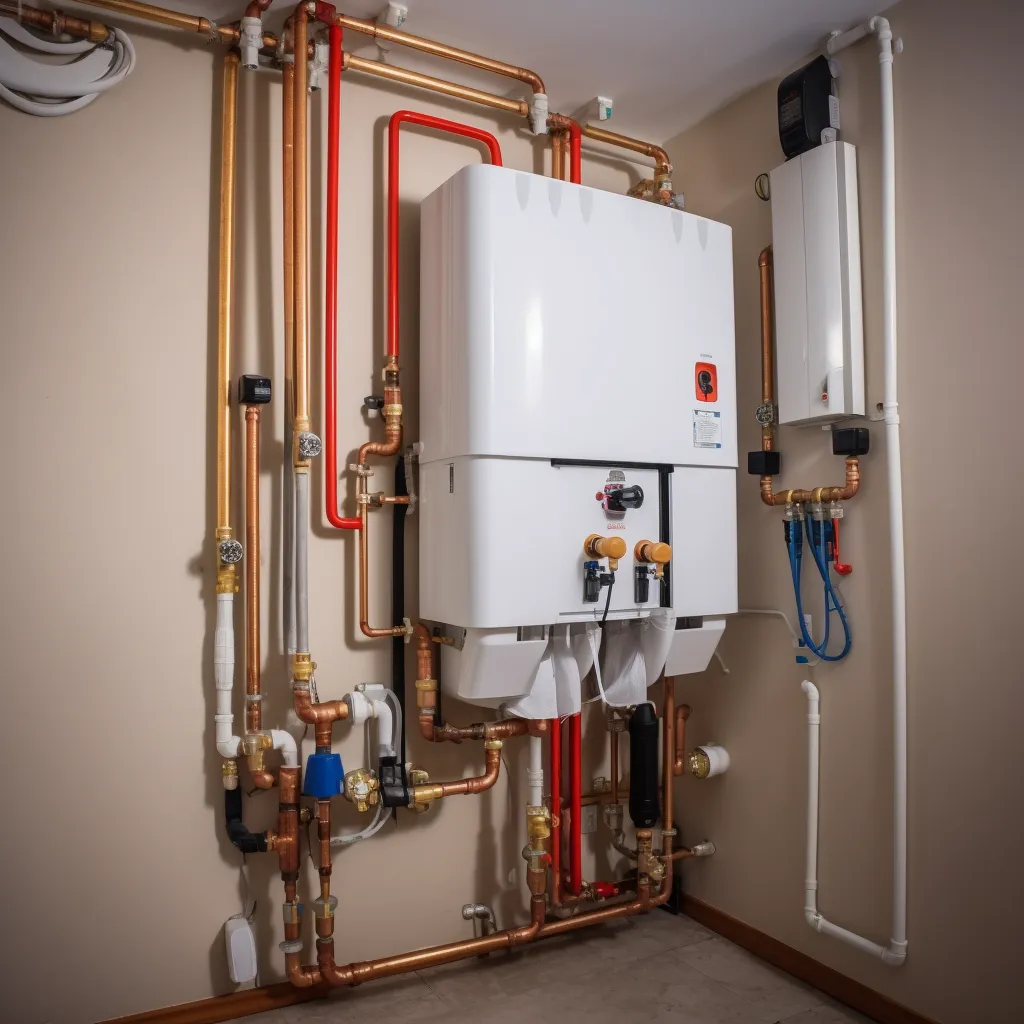
Be sure to do your research before deciding
Selecting a water heater requires research and thoughtful consideration. Electric and gas models each have unique advantages and disadvantages, and safety and installation requirements should be carefully evaluated. With a well-planned approach, finding the perfect water heater is within reach, but remember to hire a licensed professional for proper installation.
Contact Us
GET IN FULL TOUCH
PHONE:+(803) 784-1514
EMAIL:
julio@waterheaterwestcolumbia.com
Merritt Plumbing & Heating
West Columbia, SC 29171
